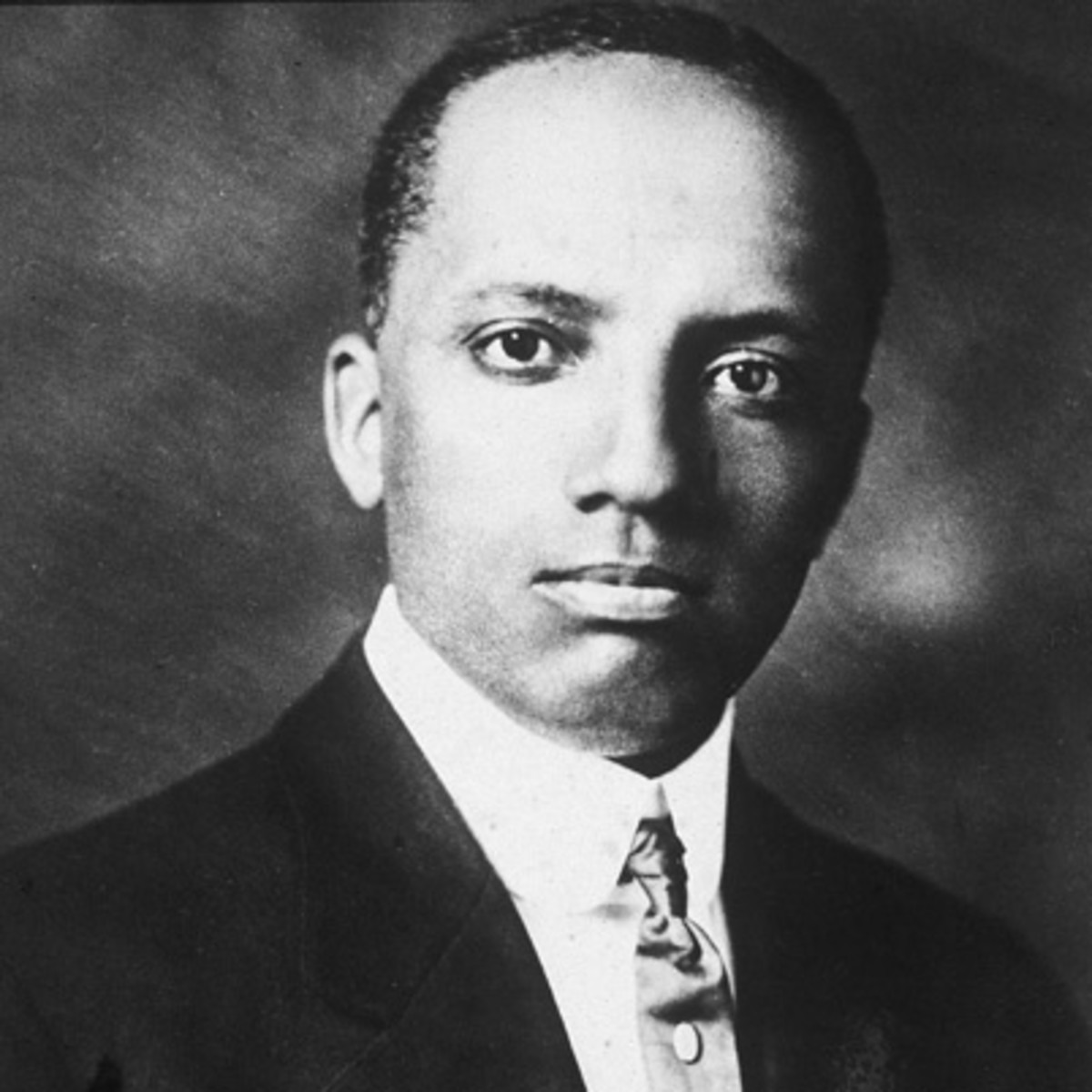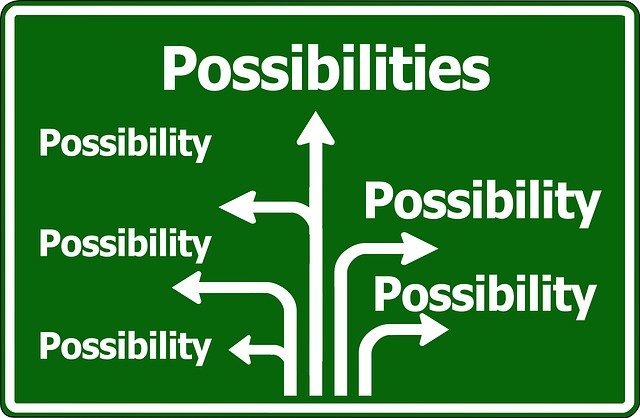
6 Communication Barriers and How You Can Avoid Them
Nov 9, 2022 | Public Speaking
Most people need to realize how much static they produce when they speak. Why do I use the term “static”? When what you say and how you say it conflict, static is produced.
Consider the following scenario: You are conversing with someone who says, “I’m really happy to have this opportunity to collaborate with you,” in a dull, monotone voice. Their expressions are expressionless. While fumbling with a pen, they never give you the benefit of the doubt. You would doubt their knowledge and credibility and choose not to act on what they have to say.

The recommendations in this post will help you immediately improve your impact and influence by making you more conscious of the static you are producing for your listeners.
Lack of enthusiasm is the first communication barrier.

How to Get Past This Obstacle: Be Enthusiastic
Start observing the kind of expressions you make and when you make them. When you scowl, roll your eyes, or frown, you might not even be aware of it.
Depending on your topic, audience, and purpose, make sure your facial expressions are acceptable. You create a disconnect between your facial expression and your message when you smile while conveying a serious or negative message. The same inconsistency occurs if you convey a positive message without using facial expressions.

As your awareness of facial expressions grows, work on the ability to incorporate them into your message by selecting the proper expression for each circumstance. When discussing your love for the goods your firm produces, you would not want to appear icy-cold.
Distracting gestures are a second communication barrier.
Most of the people I collaborate with fidget with their rings, pens, fingers, and so on. If they do not move about, they unintentionally speak with their hands. Every gesture they make is identical, and their elbows lock at their sides. Or they hold their hands still and do nothing since they have been instructed, they talk with their hands.
Take note of your own and other people’s gestures throughout the day.
Pro Tip
Do you gesture or use your hands excessively when you speak? Using gestures all the time prevents you from thinking quickly on your feet and results in static.
Do you make purposeful movements? Obtain helpful criticism from close friends, relatives, and coworkers: Do my gestures make it appear as though I am speaking with my hands? “Are my gestures excessive or insufficient?”
How to Get Around This Obstacle: Use Hand Motions to Emphasize

Confident speakers emphasize their points with gestures. Avoid locking your elbows at your sides or making the same gestures repeatedly when gesturing. Instead, extend your hand motions forth from your sides and use them to highlight and further describe your points.
The likelihood that your listeners will misunderstand your message increases the more material you include that is not necessary.

How to Get Around It: Maintain Concentration
- Put the brakes on and get back on course if you start to talk too much and feel like a locomotive about to crash. PAUSE!
- Always keep your goal in mind. Consider what your audience needs to know rather than what you want to tell them for them to follow your instructions.
- Think before you speak.
- Your message should center on three key topics.
- Pay attention to the person speaking. Are they attentive to your every word or do they seem confused? Are they focused or restless?
Action Item
Benefits comprise:
- They will retain more information and your message longer when your gestures help your audience visualize what you are saying.
- Your listener will pay attention if you make gestures.
- You can channel your adrenaline and tense energy through gestures, which give your voice more life and accent.
Lack of Focus: Communication Barrier #3
When you finish a gesture, let your arms fall back to your sides to add diversity.

Fourth Communication Barrier: Reliance on PowerPoint
- "The likelihood that your audience will misunderstand your point increases the more detail you give that isn't necessary."
- PowerPoint is not intended to be used as a note-taking tool. By using images and illustrations, visual aids aim to strengthen and support your message.
How to Get Around This Obstacle: Instead of wordy slides, create visual aids.
- Your ability to maintain a connection with your listener will depend on how you create your visual aids.
- PowerPoint slides with more images and fewer words should be created.
- Why are you using this PowerPoint slide, you might ask.

Using the following criteria, decide which aspect of your PowerPoint slide best supports your message:
- Needs and expectations of the listener.
- Expertise and experience of the listener.
- Objectives.
- Time period.
- Participants in the group.
- Keep the specifics for handouts. Your audience will value a conversational approach that includes engagement and takeaways they can use as resources.
- Abstain from using excessive software. Your visual aids are the message if you are clicking the mouse every few seconds, and you are the backup.
- It is time for a change if you have been using the same PowerPoint layout for longer than six months!
- Stop talking to your visual aids and losing the listener. Never speak until you can see eyes! Keep eye contact with your listener by pausing whenever you employ your visual aids.
Pro Tip
5th Communication Roadblock: Speech Static
When you hear a speaker use, um, words that, you know, clog their language, what impression are you left with? Labels like knowledgeable, credible, and confident are not what spring to mind.
The capacity to substitute pauses for non-words is the most difficult obstacle people must get through to grow their influence, according to me as I traverse the nation. We use silence to give us time to consider our next words. Because of these terms, your listener will misunderstand your point.
Eliminate Filler Words to Overcome This Barrier Benefits for You:
- Be quick to think.
- Avoid meandering and get to the point.
- Relax by taking a breath.
- Keep the listener's interest.
- Take command of your message.
- Advantages for the listener
- Listen, comprehend, and act.
- Implement what you say.

Sixth Communication Barrier: Inability to Make Eye Contact
Relationships can only be established via trust. You may glance up at the ceiling, down at the floor, at your PowerPoint slides, or anyplace else away from your listener when you are speechless. You will say “uh,” “um,” “so,” “and” etc. when you disconnect.
How to Get Around This Obstacle: Pay Attention to Your Audience
Connect with one person for a full sentence or thought when talking to more than two people. As you move your eyes from one person to the next, pause for a moment.
When practicing, request immediate feedback from your audience whenever you glance away while speaking.












































Recent Comments